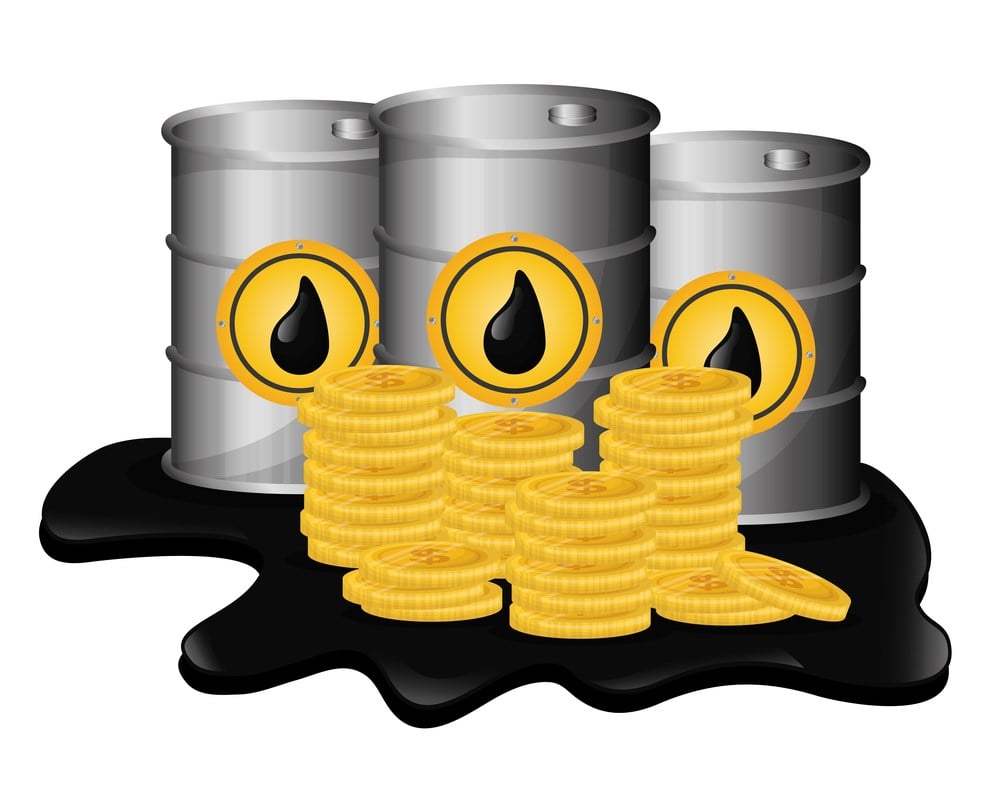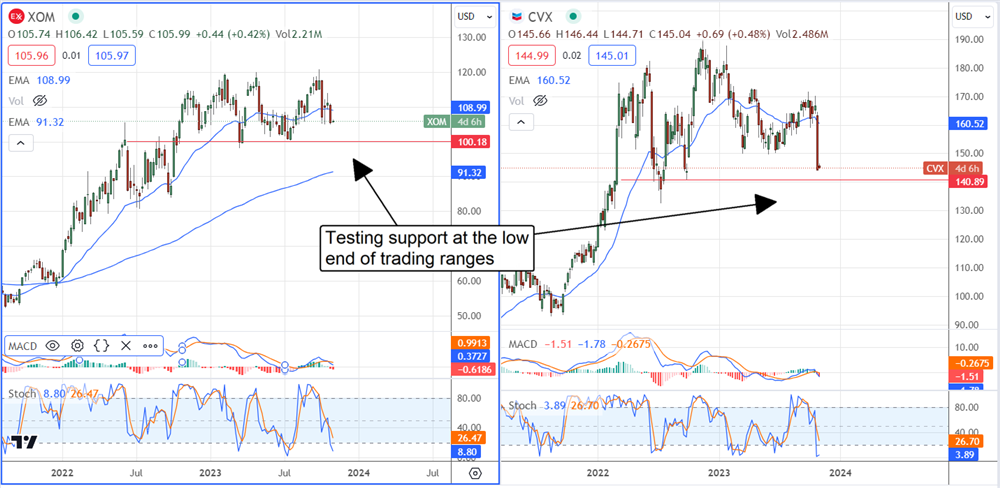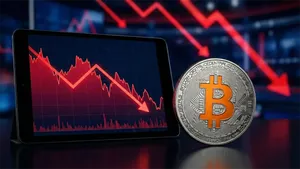
The answer to whether Exxon Mobil (NYSE: XOM) or Chevron (NYSE: CVX) is a better buy is relative. Exxon was clearly the better buy for investors before the Q3 results were released, but now that those results are in, the tables have turned. While the 2 reported roughly in alignment with each other and analysts’ targets, there is something wrong with Chevron.
Chevron’s results highlight why it acquired Hess Corporation and catalyzed a buying opportunity for investors. The takeaway is that Chevron has some hurdles to overcome that Exxon is unaffected by, but the company is working hard to overcome the obstacles. Regardless, both are solid candidates for energy stock and income investors, given the oil market outlook.
The biggest hurdle for Chevron is its investment in Khazakstan. The Khazakstan project is plagued by rising costs and delays that are costing the company cash now and future cash flow. Among the problems is Soviet-era energy infrastructure (electrical and other) that has to be replaced; Chevron execs say insufficient time and resources were allotted in the original estimates. So, to combat the impact on cash flow, Chevron acquired Hess (NYSE: HES)
The all-stock deal for Hess is expected to boost upstream production and create immediate margin leverage for the company. CEO Mike Wirth pledged to make dividend increases and continue with share repurchases to help alleviate concerns about the deal. The next CVX distribution increase is due in Q1 2024.
Exxon Mobil and Chevron deleverage on lower oil prices, cash flow strong
Exxon Mobil and Chevron reported nearly 20% declines in revenue that were expected given the drop in oil prices. Exxon missed consensus by 200 basis points, and Chevron outperformed by less with equally significant declines in earnings.
Earnings are down about 45% compared to last year, but it is the cash flow and balance sheets that are important now. Cash flow is down compared to last year for both but up sequentially and solid. Exxon, specifically, returned $8.1 billion to investors during the quarter, including $3.7 billion in dividends and $4.4 billion in repurchases, while increasing the cash on hand.
Chevron returned similarly with $6.2 billion in total returns. The difference today is that Chevron’s 6% post-release plunge has its dividend yield up to 4.8% compared to Exxon’s 3.6%, and it is trading at a relative value. Chevron’s P/E is pricing in persistent delay in Khazakstan and trading at a slightly lower valuation.
The analysts still like energy giants Chevron and Exxon
The analysts' activity in both stocks is mixed in Q3/Q4 but ultimately bullish for the market. While there are some naysayers and critics of both companies, the consensus rating is Moderate Buy with a price target that suggests significant upside potential. Exxon’s low price target aligns with current price action, suggesting the floor is in, the consensus adds about 20%, and Chevron’s upside potential is better. Its low price target is well above the current action, suggesting this stock is deeply undervalued. The CVX consensus target implies about a 30% upside for the market.
Energy stocks pull back to the buy zone
Energy stocks are rising with several powerful technical signals to drive them. Among the signals are a Golden Crossover in oil prices and a Bullish Triangle confirmed this year. The pullback in price action following the Q3 releases appears to have already hit support and may begin to bottom. If not, these stocks could fall below a critical pivot point and extend the sell-offs to lows. Assuming the market follows through on the opportunity at hand, these stocks should find support neat $100 for XOM and $140 for CVX and continue to trend sideways within their respective ranges.





